The Truth About Tap Water
You may not think very much of it. You’re thirsty, so you go to your kitchen sink and fill up a nice glass of drinking water for you to enjoy. Simple, right? What’s not so simple is the potential contaminants and bacteria swimming around in that tap water. It could be from your old pipes, it could be from the crop runoff down the road, or it could be from the aquifer that supplies the water to your town. Either way, it’s stuff you don’t need or want in your body. It’s time we discuss the truth about tap water.
In this article, we’ll discuss where Topeka and the surrounding areas get their water, some of the common issues found in tap water, and how you can protect yourself and your family from any harmful contaminants found in the tap water.
Where is Your Tap Water Coming From?
You know exactly where you can go to get water in your house, but do you know where those pipes extend to? According to the City of Topeka’s latest annual water quality report, The city withdraws water from the Kansas River using two intakes on the south bank. In this report, Topeka acknowledges that contaminants may be present in the water. These contaminants can take the form of viruses, bacteria, metals, domestic wastewater discharges, and more. While Topeka maintains limits put in place by the Environmental Protection Agency (EPA), many of these limits can still leave your water tasting or smelling bad. The source of your tap water has everything to do with the natural and unnatural contaminants you can find in your water.
What Is In Your Tap Water?
In the latest EWG drinking water quality report, conducted by the water utility and provided to the Environmental Working Group by the Kansas Department of Health and Environment, 23 total contaminants were detected in Topeka’s drinking water. Nine out of the 23 total contaminants exceeded the EWG health guidelines. Among these contaminants were the likes of arsenic, haloacetic acids, and nitrate. All three of these contaminants have potential cancerous effects if consumed over time.
What you may find in your water isn’t always reliant on just where you get your tap water from. Many other factors can come into play, such as how your tap water travels and the interference of man-made contaminants.
Your tap water can end up traveling a long way to make it to your kitchen sink. During its travel, your water could pick up unwanted passengers along the way. Your water pipes could be contaminating your water as we speak. For many houses built before the 1980s, the materials of choice were oftentimes copper joined with lead. Lead itself is toxic and as it ages, copper can begin leaching harmful chemicals into the water. In addition to what your pipes are made out of, the normal breakdown of your pipes could be causing problems for your water too. From previous plumbing issues to older materials, all of these issues could lead to the growth of harmful bacteria and mold in your pipes.
In addition to these usual contaminant counts, the Kansas River can also experience unusual spikes in contamination, causing health advisories to go into effect. For instance, in May of 2023, the City of Lawrence issued a statement saying a pump failed at the wastewater pump station near the dam, causing untreated wastewater to spill into the Kansas River.
Lastly, most tap water in North America is considered hard water. Hard water results from high levels of calcium and magnesium in water, and affects almost 85% of households in the nation. While hard water isn’t particularly dangerous, it can leave unsightly residue on everything your water touches, including your dishes, plumbing, skin, and clothes.
How Can I Find Out What’s In My Tap Water?
Testing your home’s water is the only real way to find out the truth about tap water. While you can get basic tests at your local home improvement store, these tests often don’t test for everything that could be present in your water. In comparison, Culligan Water of Northeast Kansas can offer a free water analysis that includes an in-depth consultation to explain your results and offer recommendations on how to remedy any tap water issues that may arise.
Our free in-home water quality testing takes less than 30 minutes and provides you with accurate numbers on your water’s hardness, chlorine levels, nitrate levels, pH, total dissolved solids (TDS), and more. If you’re interested in more extensive testing, Culligan Water also offers municipal water lab analysis and private water lab analysis options for a fee.
Once you have proven results of what is lurking in your water, you can then decide if your home is in need of water solutions to alleviate contaminant and hard water concerns.
Solutions to Your Tap Water Issues
Tap water issues are common but luckily, so are the resolutions to treat them. Culligan Water of Northeast Kansas offers a variety of water-filtering solutions that can eliminate contaminants from your water and leave your home and family with better water to enjoy. Here are just a few of the products that can filter your water:
- Reverse Osmosis Systems: A reverse osmosis system uses a high-threshold filtration process that pushes water through a semipermeable membrane that filters out impurities or contaminants. These systems can fit under your sink to provide you with continuous drinking water without a large bulky system.
- Water Softeners: Water softeners do just as it sounds-provide soft water to homes and businesses. Our high-efficiency water softeners have specially designed resin beads that capture the minerals and exchange them with a trace amount of sodium. These advanced systems even connect to a mobile app that allows you to check your water usage and salt levels at all times.
- Whole Home Systems: If you’re noticing the issues of tap water through multiple faucets throughout your home, a whole home system may be the best answer. Our whole home systems remove 99% of the harmful contaminants in your water, letting soft, filtered water travel through every tap of your home.
If you’re interested in discovering the truth about your tap water, contact us today! We’d love to set up an in-home water quality test with you. Our seasoned professionals can guide you through the whole process and offer real-time solutions to fit your needs and your budget.








